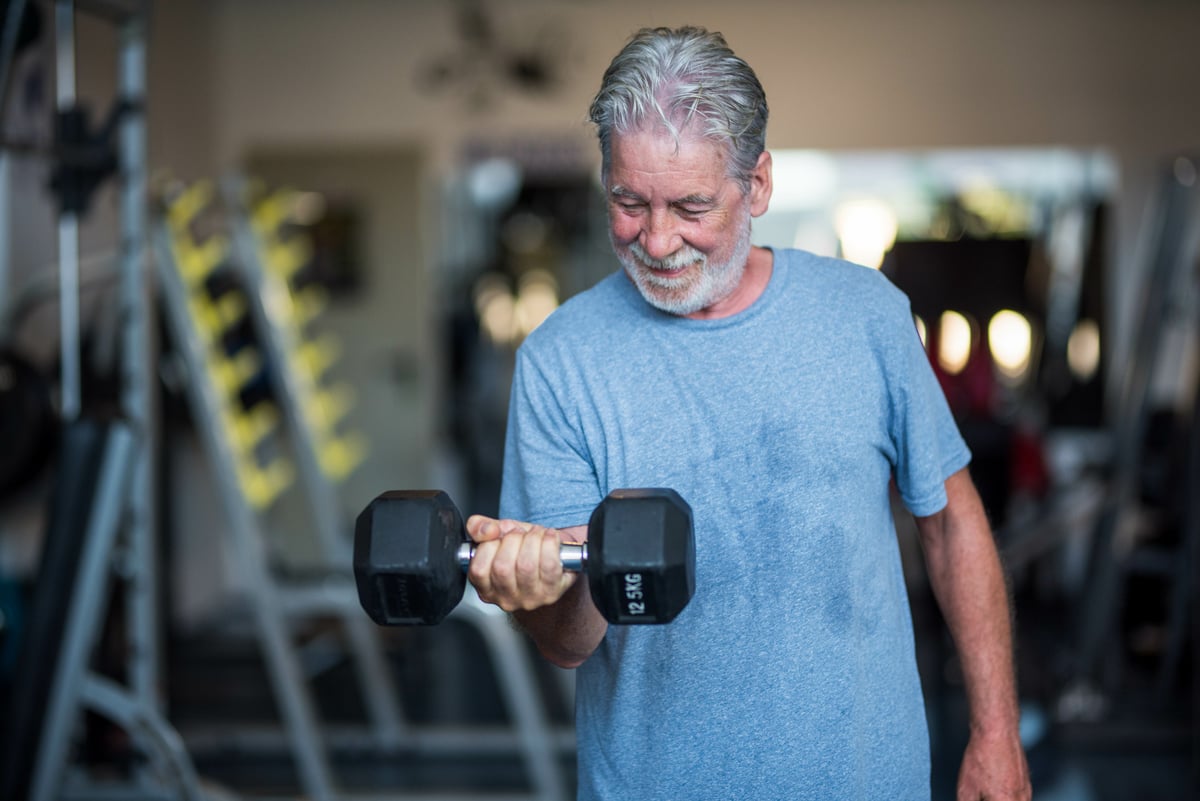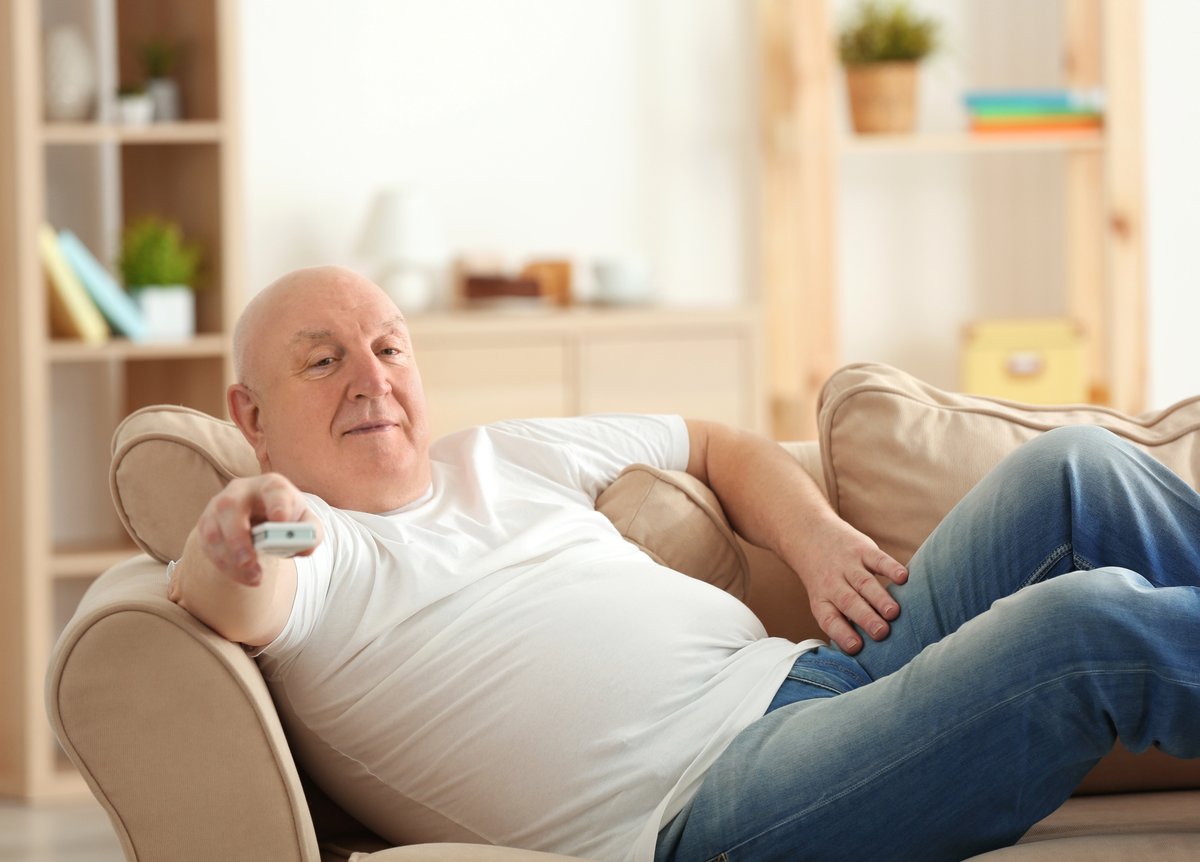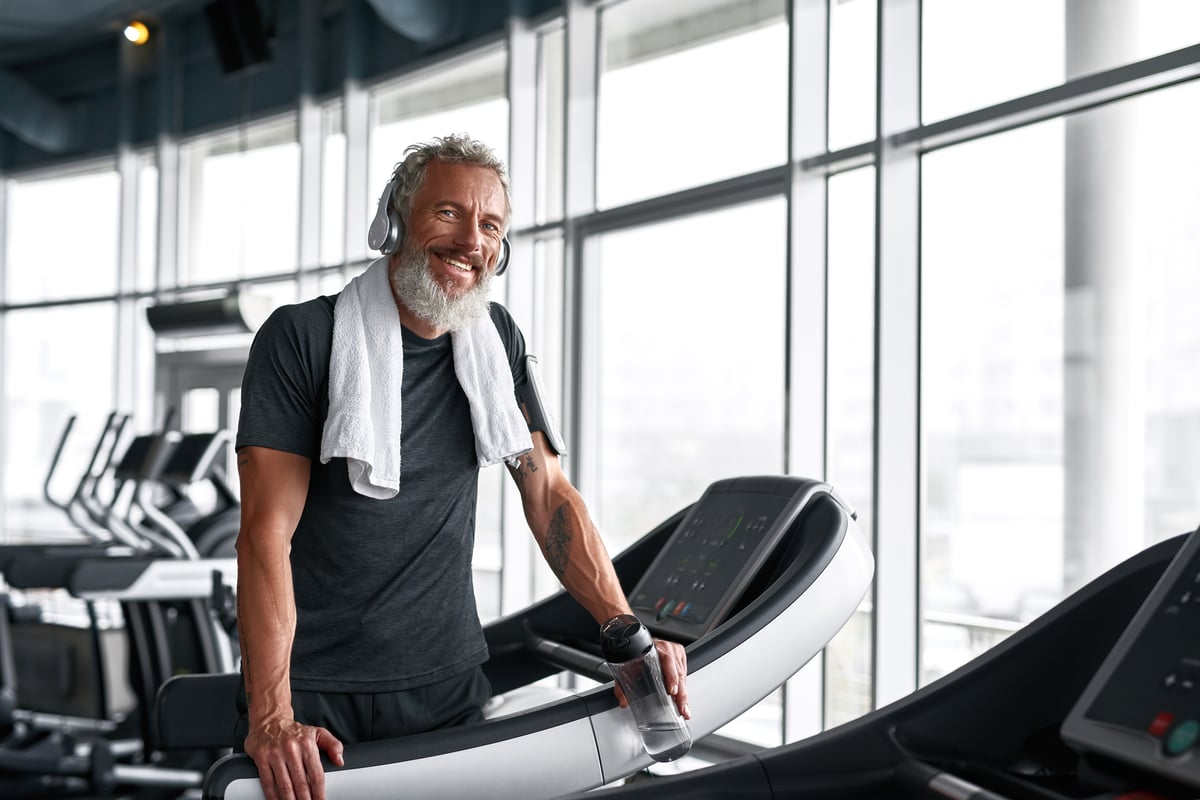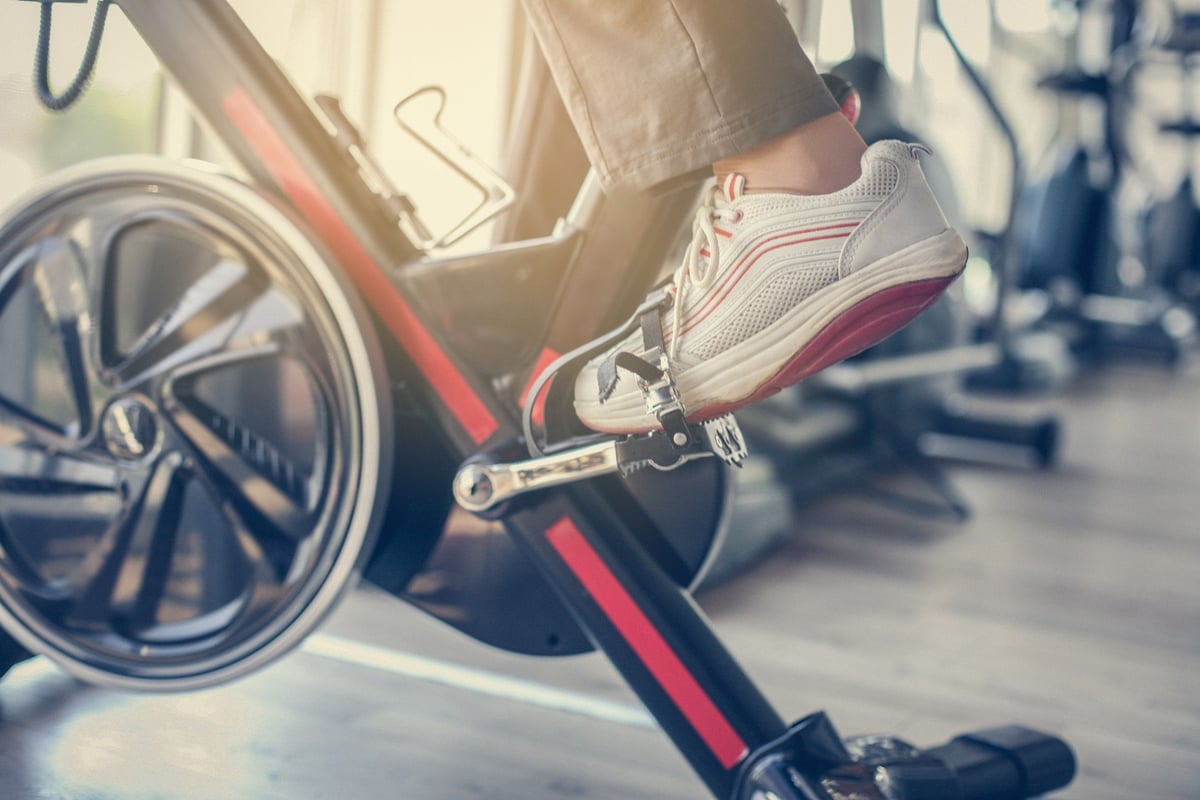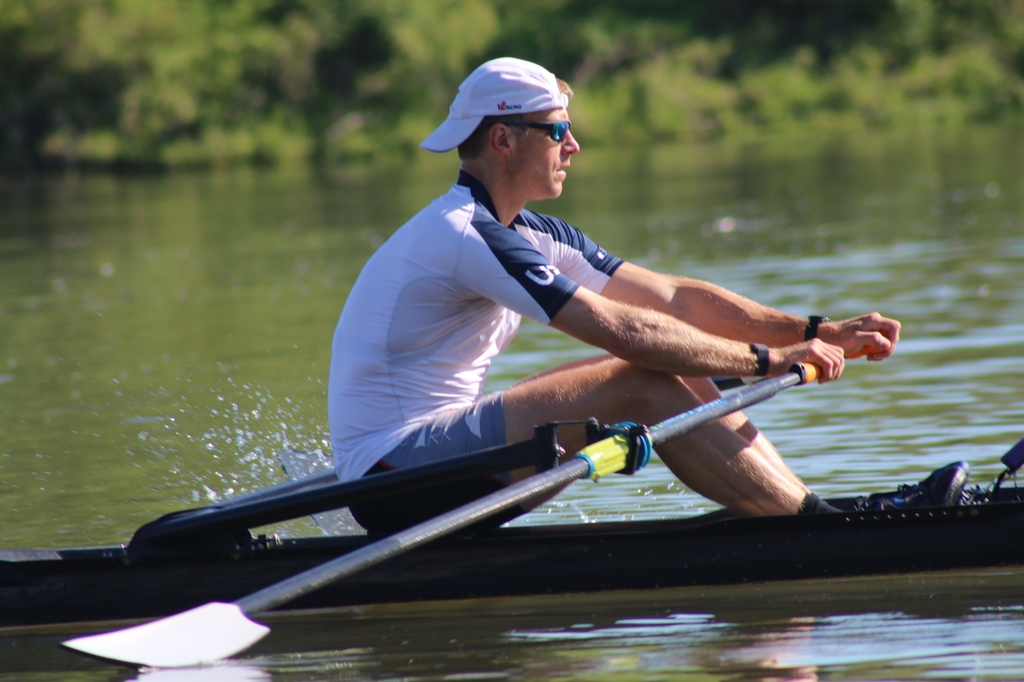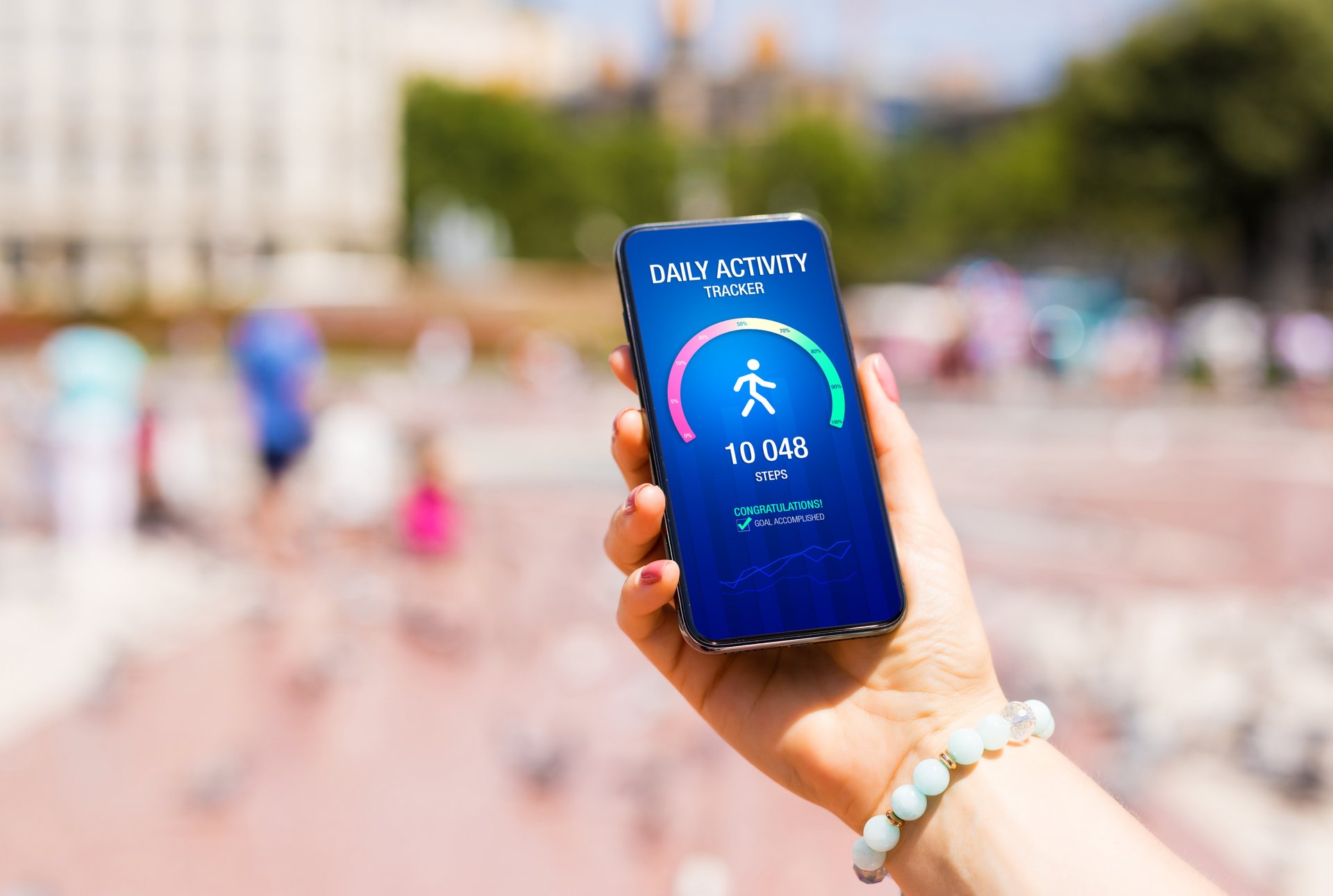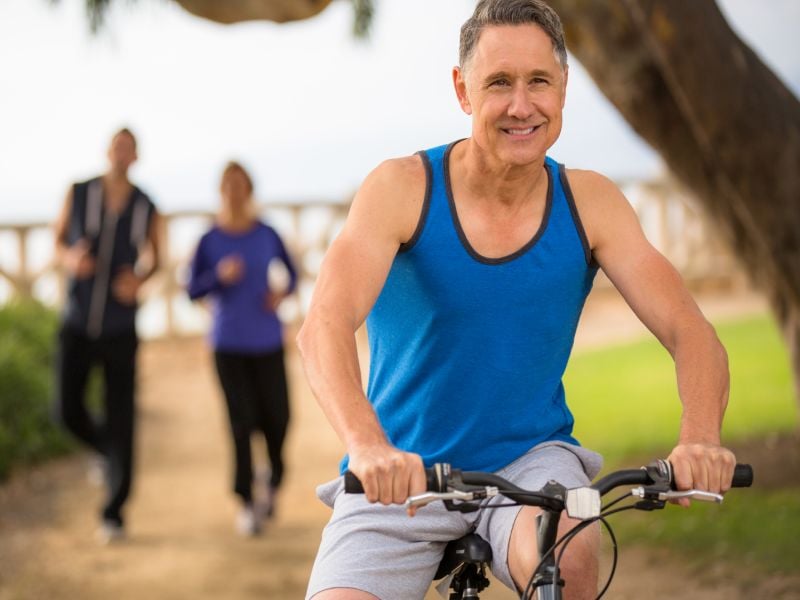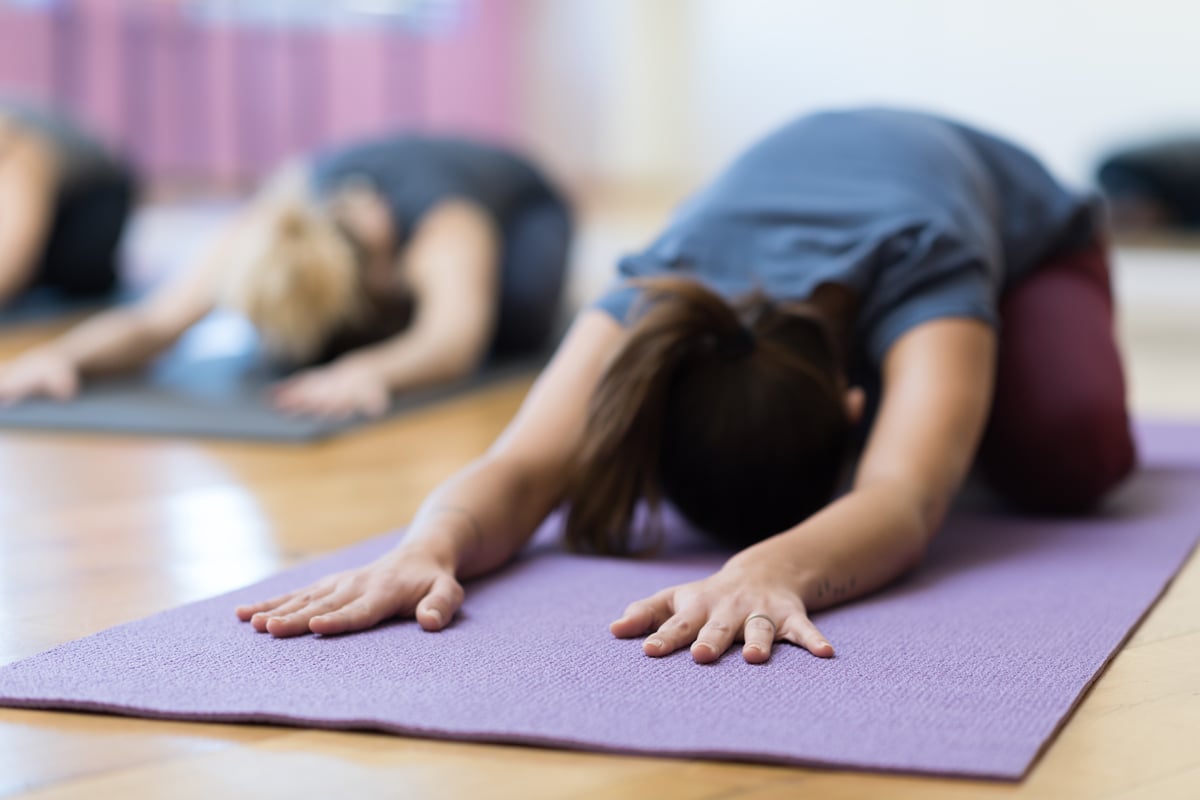
Nearly 1 in every 6 U.S. adults have engaged in the ancient practice of yoga over the past year, new government data shows. In fact, as Americans increasingly turn to alternative or complementary health approaches, “the largest increases [have been] in the practice of yoga,” noted researchers Nazik Elgaddal and Julie Weeks. They’re with the… read on > read on >










